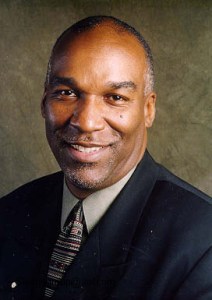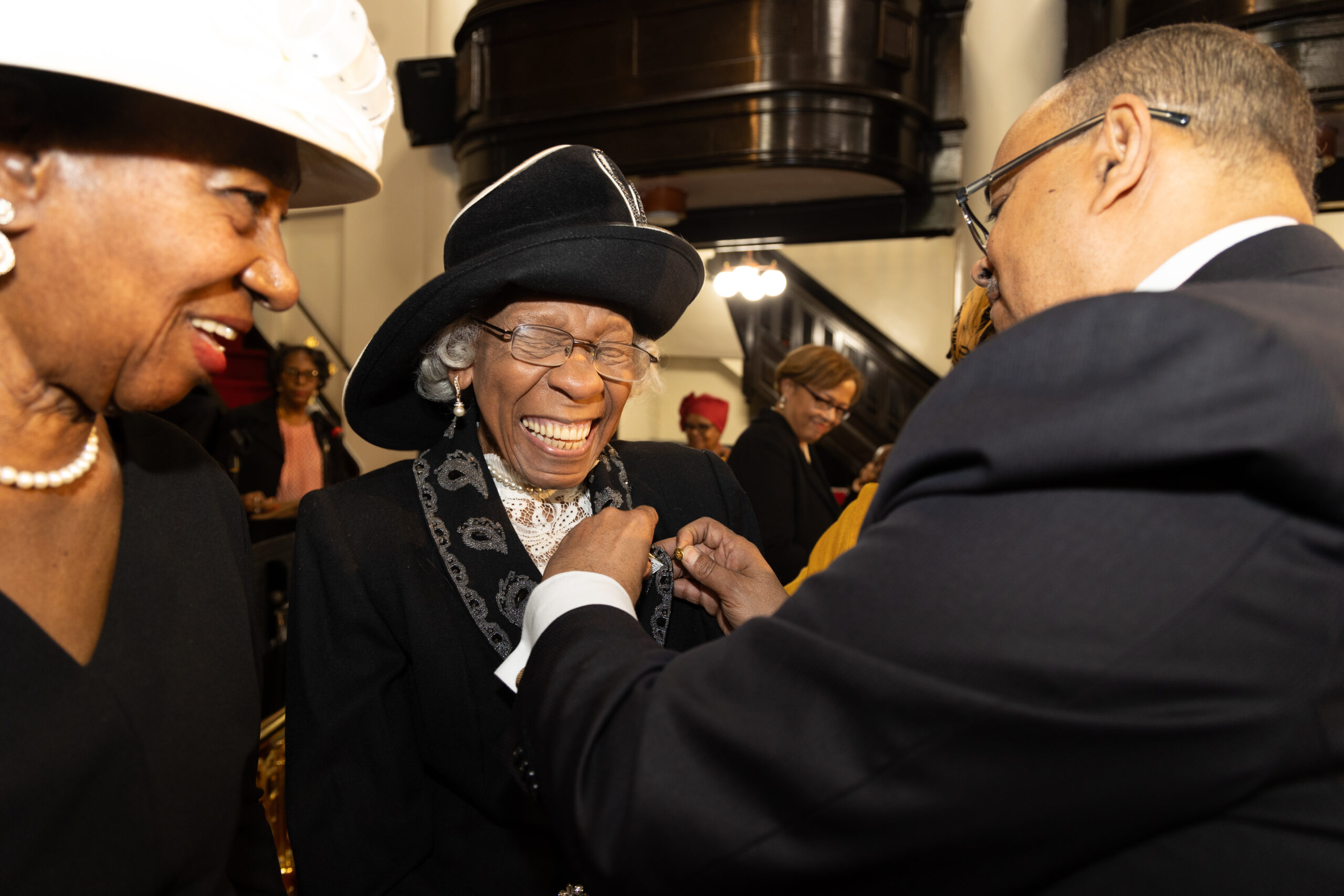I’ve Got A Secret
Rev. Dr. Alfonso Wyatt, Columnist
Can you recall when you were young whispering a secret in a friend’s ear, and they had to pinky swear not to tell it to another living soul? Secrets back then were generally fun and could strengthen friendships by creating a sense of trust. Giving or sharing secrets could set you apart from friends outside of the I know something you do not know loop. As children grow up and become complex adults, their secrets also become more complex. At some point, everyone has held on to a secret. Some secrets are too embarrassing, too hurtful, too dark, too revealing—or too ridiculous to share.
We live in a time that feasts on secrets—the “juicier,” the better. In fact, people on television, radio, and social media are paid to dig up and divulge the inside scoop on the lives of celebrities. In the early days of television, there was a TV show called I’ve Got a Secret where celebrities would ask a series of questions in an attempt to guess the secret of the panelists. This show’s basic format lasted off and on for over 50 years. Advertisers know that people have an insatiable need to know about celebrity secrets, hence the plethora of Reality TV shows, gossip hosts, tabloid exposé reporters, paparazzi, trolls, and the like, all making a living dredging up secrets.
Some people live secretive lives, holding their “life” cards close to their vest, as the saying goes. Any questions deemed too personal can be ignored or dismissed. Why is this so? Some possible reasons could be a past “secret betrayal” and the leaked information caused shame, pain, or embarrassment. Another take is perhaps the secretive person’s personality is wired in a manner where their personal business is just that—personal at all costs. It is important to note that being secretive could be costly, as the following insights illustrate:
- A secretive person may lock out well-intentioned people not interested in sharing their secrets or judging them—they may just want to be a friend trying to help.
- A secretive person may unwittingly cut off information that could be helpful in situations ranging from sharing the secret ingredient of a recipe to identifying a potential life-changing/giving resource.
- A secretive person must always be on guard to keep their secrets secret or risk releasing “sensitive” information to colleagues, spouses, friends, or family members. This 24/7 secret scrutiny takes a toll.
I have learned through study and practice that most families, regardless of race, class, creed, color, education, zip code, sexual orientation, religious affiliation, or lack thereof, have secrets. Some family members, individually or collectively, have invested time and energy (hear pain) protecting secrets like domestic violence, sexual abuse, drug/alcohol use, mental illness, gambling, adultery, unwanted pregnancy, a painful divorce—or a cash windfall not commonly known to family members. When keeping a family secret becomes more important than addressing the issue embedded in the secret, know there will never be growth or movement—that is the price extracted by the secret.
Funerals are generally a time when family secrets are exposed. Beloved, some secrets will go to the grave with a person. Other secrets will become known with time—and then some secrets should be shared to freshen the air, open up understanding, create space, or replace not knowing with heretofore unexplored options offered by knowledgeable people. It is one thing to be a child gleefully holding on to a secret—it is another thing to be an adult and stubbornly proclaim by thought, word, or deed. I have a secret and vow to hold on to it to the end of my days. Is there something you wish to disclose?
9 Argue your case with your neighbor directly, and do not disclose another’s secret, 10 or else someone who hears you will bring shame upon you, and your ill repute will have no end. Proverbs 25: 9-10





